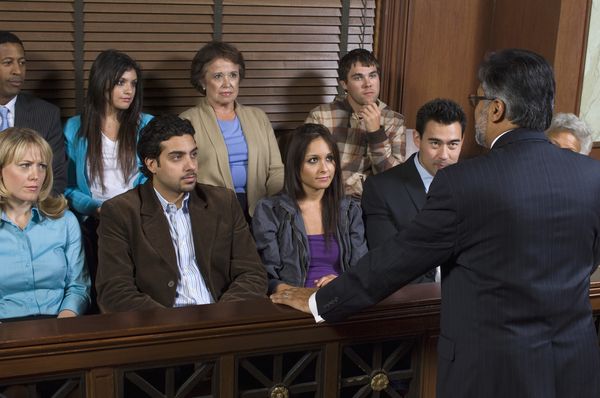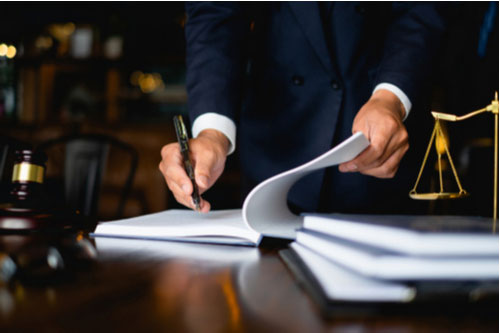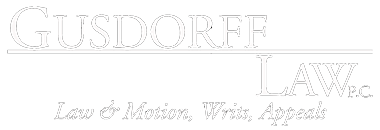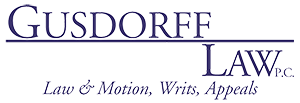- Appellate Litigation
It happens. Your client did not want to pay to have a court reporter at the hearing on your motion. Or you did not expect that anything of significance would happen during that one hearing. It did, and you need to appeal. Without the reporter’s transcript, will your appeal be doomed?
Don’t panic. You have options. It is true that a written record of oral proceedings is almost always necessary for appellate success. But Rules 8.134 and 8.137 of the California Rules of Court offer an alternative when a reporter’s transcript is unavailable.
Rule 8.134 provides the criteria for using an “Agreed Statement,” which is essentially a summary that the parties prepare that explains the nature of the action, the basis of the reviewing court’s jurisdiction, and how the superior court decided the points to be raised on appeal. According the Rule 8.134, the statement should recite only those facts needed to decide the appeal and must be signed by the parties.
Rule 8.137 offers the criteria for using a “Settled Statement,” which the appellant prepares and serves to the superior court. The respondent may submit its response to appellant’s proposed statement, and the trial judge will “settle” the statement for use on appeal. The proposed statement must contain, among other requirements specified by Court Rule, a statement of the points the appellant is raising on appeal and a condensed narrative of the oral proceedings that the appellant specified.
The Judicial Council offers an optional form you can use for the proposed settled statement. You can obtain it here.
My Best Advice
As soon as you realize that anything of potential appellate importance (regardless of which party prevailed) occurred at a hearing that was not reported, write down the following while it is fresh in your mind:
- “a concise factual summary of the evidence and the testimony of each witness relevant to the points” that will likely be raised on appeal; *This can be done by Q&A or summary*
- Any legal arguments offered by the parties and objections made/sustained/overruled, as well as any ruling and explanation or reasoning by the court;
- If the ruling relates to the giving, refusal, or modification of a jury instruction, make sure to note any instructions submitted orally and not in writing, and identify which party requested the instruction and any modification.
There are (at least) two primary benefits of memorializing this information while it is still fresh:
- You will have a much more complete and accurate written record for your response to opposing counsel’s proposed settled statement (if defendant appeals from the ruling), and
- If you propose your own statement, you will not have to “reinvent the wheel;” You will be able to submit a much more complete and accurate written record that you would if you were to try to recreate the hearing months (or even years) after the fact.
Janet Gusdorff








